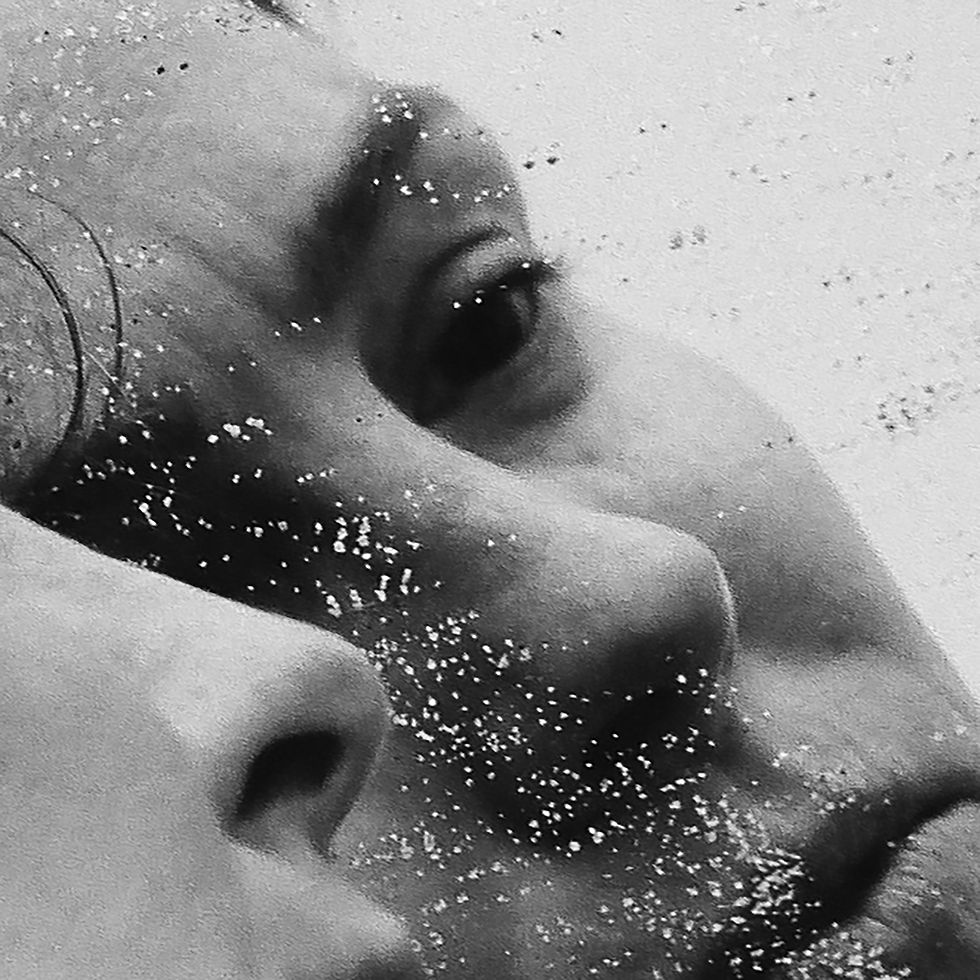Introspective Duality: Emma Ruth Rundle - Engine of Hell Review
- Oct 29, 2021
- 3 min read
A mirror to the soul, and an album of delicate self-redemption.

Words by Rohan (@manvsplaylist):
Emma Ruth Rundle’s music has always been powerfully emotive to me. If you’re someone who’s drawn to her music, I trust you feel that connection too. Her delicate combination of gorgeous melodic phrasing and hushed lyrical poeticism manages at once to knock me over with its weight and send me floating off into a pensive distance. I enjoy and embrace heavy music (in every sense of the word), but there’s something about Rundle’s style that pierces me in a way that few artists do. Real Big Sky from 2016’s Marked for Death for instance genuinely makes me think about the music at my own funeral. I don’t spend considerable time contemplating such a topic, but her music - and that song in particular -provides a space to approach that concept in the most delicate, tender and peaceful manner I’ve ever experienced. The sonic equivalent of seeing the light, and a true moment of reflection of what may lie beyond. Rundle’s compositions bring me to a place that I wholly value on a level beyond just music.
On her newest album, titled Engine of Hell she takes that emotional power to entirely new plane. It is an unflinching distillation of fragility and struggle. This record will command, and richly deserves, your utmost attention.
Delivered with striking directness, every veil of protection is removed as Rundle lays bare a remarkably honest display of vulnerability and somber reflection. There is no hiding, no effects filter. The music itself is as exposed as the subject matter she covers across the course of this record, a highly effective method of magnifying the intensely personal offerings. Her emotion is poignant & intelligent, conveying a depth of despair that is all parts: sad, relatable, warm.
Perhaps it is in this contrast of seemingly opposite pulls that make the album as a listening experience so captivating. It’s not just that Emma is offering such challenging and stoic lines of melancholy, but the depth of that sorrow is conveyed with a full, warm tone which itself is comforting. It’s almost as if she’s self-soothing the pain of her words with the embrace of her music. Take a moment to absorb what she covers in The Company and let that dichotomy reveal itself so effortlessly.
The compositions within this album are as stripped back and direct as humanly possible. Predominantly solo ballads in nature, either backed by her own natural acoustic guitar or a full-bodied piano, Rundle is occasionally supported by a light set of string melodies, or the occasional vocal self-harmony. The arrangements can be simple, but with repeat listens they become surprisingly embedded in your musical memory. This is a direction that in the past Emma has publicly shared a desire to explore, so it is rewarding to see her embrace that side of her musical vocabulary, which is indeed a departure from her most recent recorded output.
Emma herself fully acknowledges her overt Toris Amos worship throughout the piano driven tracks that make up half the album. Beyond those immediate comparisons, I recall that Rundle is not shy in her adoration of mid-‘90s era Smashing Pumpkins, and can pick out nods in both the guitar tone, string shifts and falsetto vocals to a track like Stumbleine within her song Razor’s Edge. Elsewhere on the record I found a likeness in the texture & production style to artists such as Phil Elverum and Mark Kozelik; however Rundle’s subtlety in the way she crafts these songs together with their message provides a whole other level of redemptive quality that, to my ears, those two artists don’t often deliver.
The album closes with a brooding, contemplative acknowledgement titled In My Afterlife. It is heartbreakingly graceful, and is a fitting end to an album that is steeped in nuance but exudes vitality & force of will. This work is a painfully articulate examination of torment, raw self-reflection and ultimately progress. I find it to be an inspiring display of strength, courage and vulnerability. But at the end of the day, as just a person who enjoys, values & appreciates Emma’s art and her voice and her place, what I take away the most from Engine of Hell is comfort that she appears to have found resolve & inner strength. And any time I can lean on art or music that can reinforce those positive characteristics, I embrace it. Wholehearted recommendation.
Engine of Hell arrives November 5th via Sargent House. Pre-order your copy HERE.







